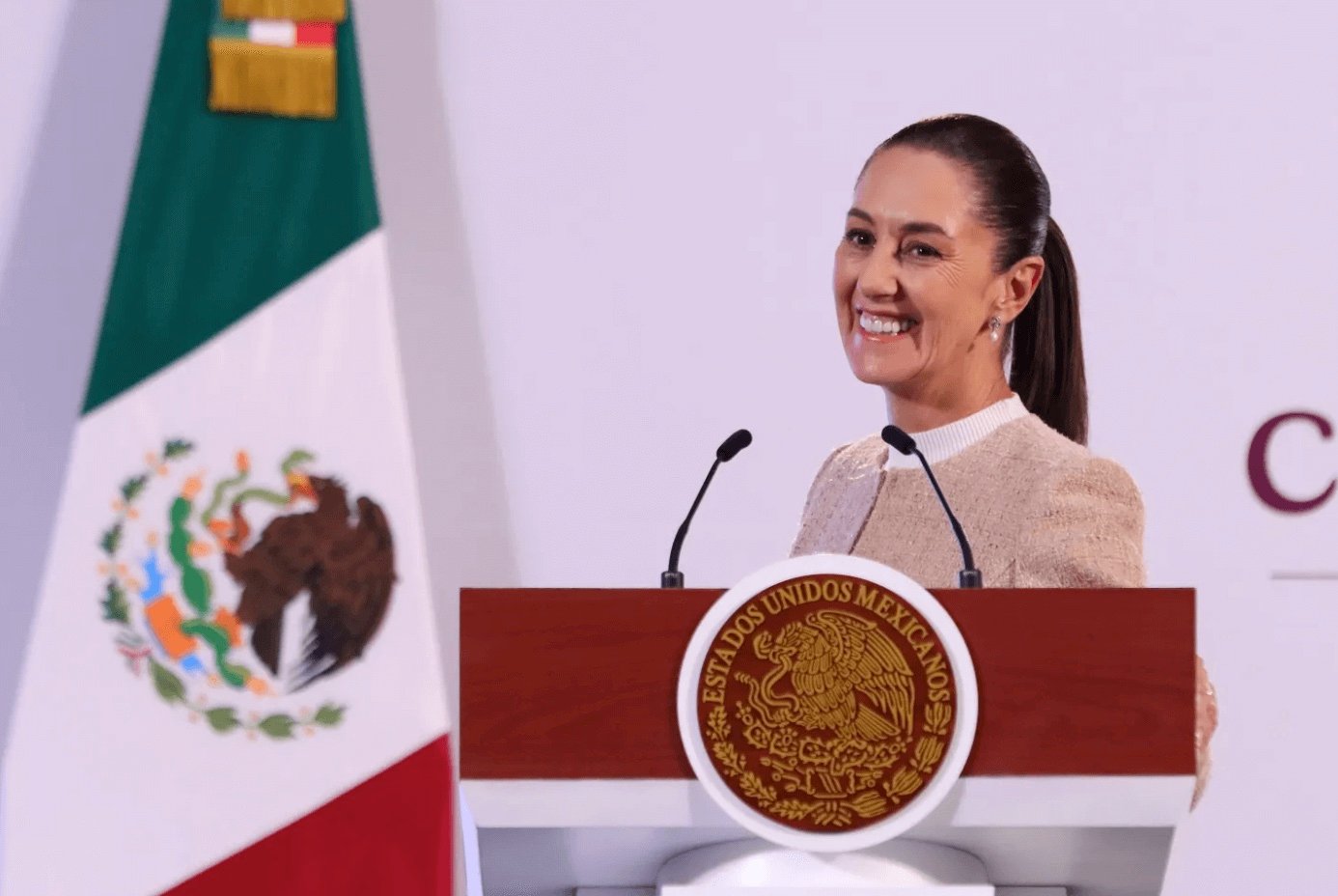On December 2, Mexican President Claudia Sheinbaum signed a historic set of constitutional reforms, making Mexico a global leader in animal welfare. These reforms mark the first mention of nonhuman animals in the Mexican Constitution and aim to establish a federal animal welfare law, setting a significant precedent for protecting animals, including those in factory farming.
Key aspects of the reforms include:
- Amendments to Article 73, granting Congress the authority to legislate animal welfare, which had previously been a state and local matter, resulting in inconsistent protections.
- Changes to Article 4, mandating the protection, adequate treatment, and conservation of animals, ensuring all species are included, including farmed animals often excluded from such protections.
- Updates to Article 3, integrating animal welfare into school curricula, shaping future generations’ perspectives on the treatment of animals.
The reforms call for a General Law of Animal Welfare, Care, and Protection to regulate animal treatment in diverse contexts, including farming, laboratories, and wildlife. Advocates see this as a groundbreaking step, though challenges like industry influence, enforcement, and resource allocation remain.
This milestone has sparked optimism and collaboration among animal rights organizations and political entities, with Mexico potentially serving as a model for animal welfare reforms worldwide.






0 Comments